It was four months after Pearl Harbour when Kapitanleutnant Reinhard Hardegan’s submarine, U-123, torpedoed the tanker SS GulfAmerica off of Jacksonville, Florida. After the attack, he angled U-123 around the wreck as it burned and surfaced between the SS Gulfamerica and the beach to sink it with his deck gun.
It was a demonstration for President Franklin D. Roosevelt of what he could expect going forward in the war with Germany.
Hardegen later wrote in his log: “All the vacationers had seen an impressive special performance at [President Franklin D.] Roosevelt’s expense. A burning tanker, artillery fire, the silhouette of a U-boat — how often had that been seen in America?”
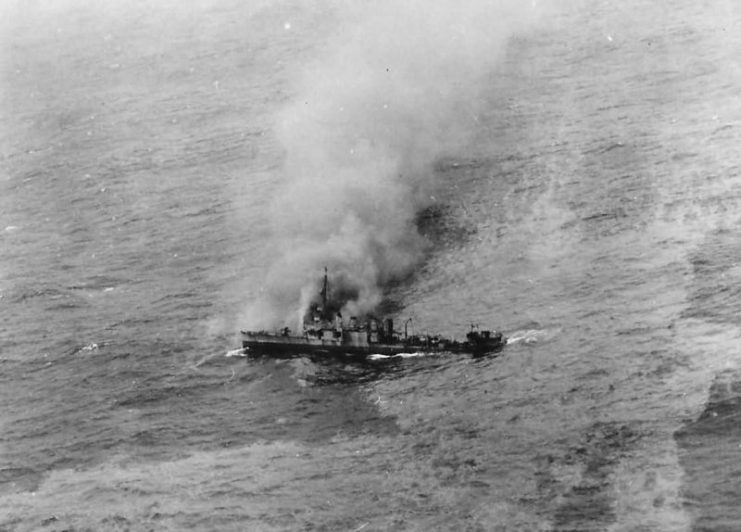
Hardegan was one of the few U-boat commanders to survive the war. The U.S shifted to the convoy system, using sonar and bombers to counter the brutal efficiency of the “wolfpacks” and maintain open supply lines to Britain.
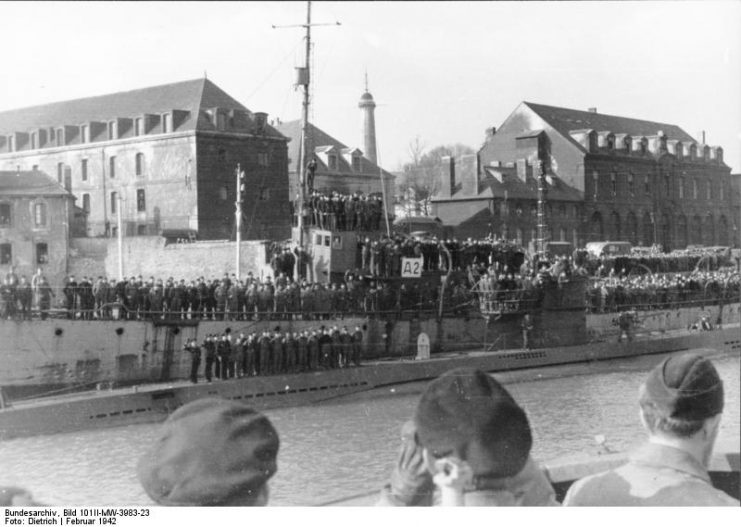
He always insisted he was a patriot and not a Nazi. He did his duty for his country, but never for Hitler. On June 9th, in his hometown of Bremen, he passed on at the age of 105. The media was not provided with the circumstances.
According to the bestseller, “Operation Drumbeat: The Dramatic True Story of Germany’s First U-Boat Attacks Along the American Coast in World War II,” by historian Michael Gannon,” Hardegen’s brazen attack off the Florida coast nearly cost him both his boat and his life.
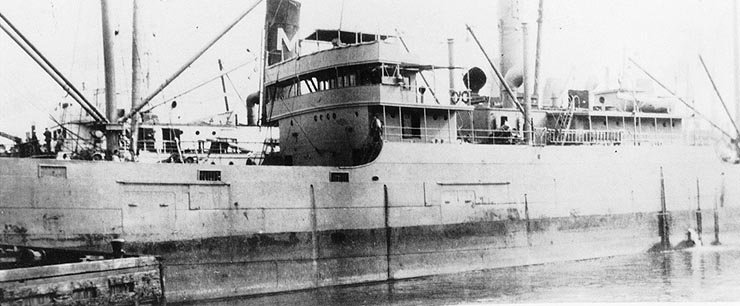
Hardegan waited too long and had to crash dive down sixty-six feet to evade the approach of U.S patrol aircraft, who surely would have blown him out of the water. As he did so, the roads were packed with onlookers, keen to watch the horrifying spectacle.
All in all, nineteen crew members of the SS Gulfamerica were killed, and spectators crammed themselves into rowboats to try and rescue any survivors. They watched as the destroyer Dahlgren dropped six depth charges, causing U-123 to sustain heavy damage.
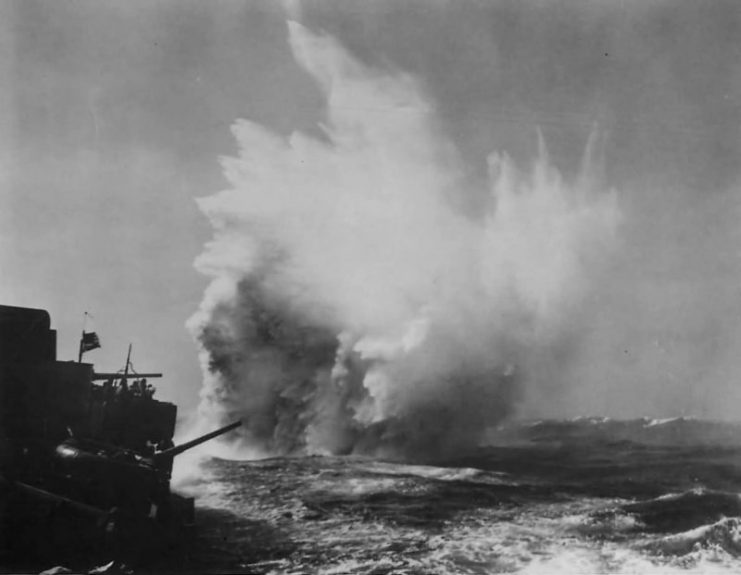
Hardegen ordered his crew to abandon ship and prepared to escape himself when he froze, terrified, as he prepared to open the tower hatch. The destroyer didn’t continue the attack, however, and the U-123 survived. Hardegen credits that moment of terror for why he wasn’t captured because if he had have tried to escape, he certainly would have been.
When Hardegen returned to Germany, he found oak leaves to add to his Knight’s Cross, and accompanied by Erick Topp, another one of Germany’s U-boat submarine aces, had the opportunity to have dinner with Adolph Hitler.
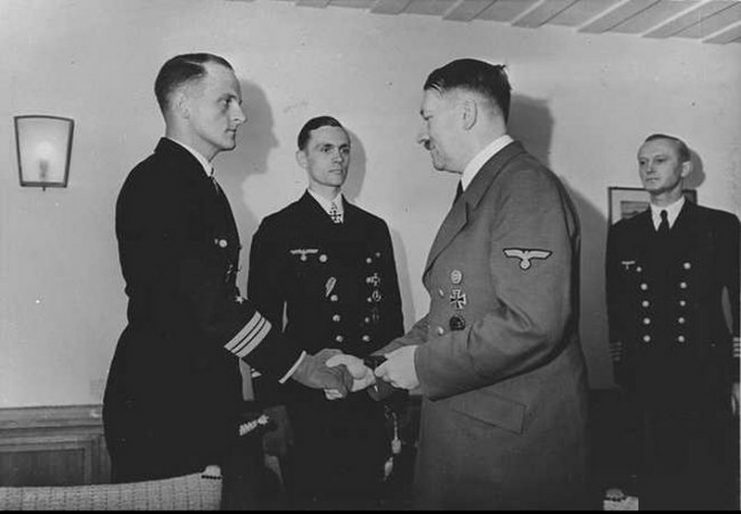
Hardegen claimed that he informed Hitler about his neglect of the submarine service by placing all of his focus on the Eastern Front. This enraged the Führer, who then ordered General Alfred Jodle, who was chief of operations staff, to reprimand Hardegen for his insolence. But Hardegen remained unapologetic, stating that the Führer had a right to hear the truth, and he the right to speak it.
Later on in the war, he was put in charge of training units and near the end of the war, the Nazis made him a ground-unit battalion commander. After the war, he was mistaken for an SS officer with the same last name and jailed by the British.
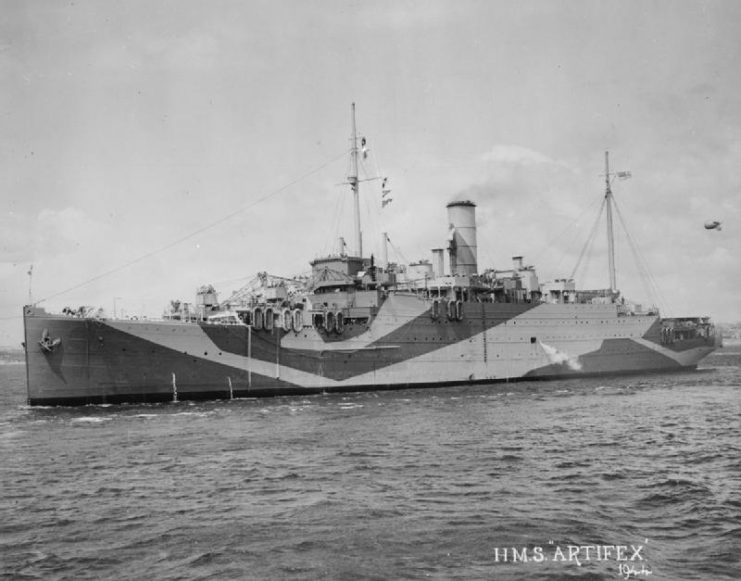
When that was cleared up, he went back to Germany to play golf and become a successful businessman for an oil company. He even had dealings with Texaco, whose ships he targeted and sank during the war.
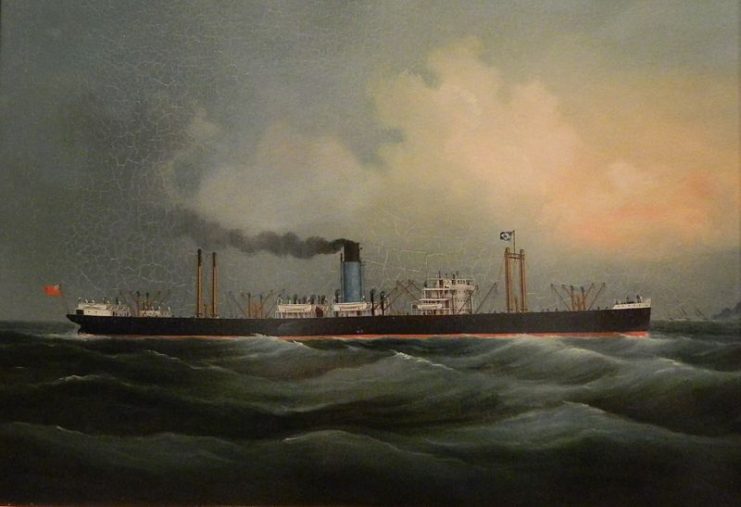
When interviewed by the Atlanta Journal-Constitution regarding his role in the war, he quipped that he now sinks putts, not ships. Overall, as part of Operation Drumbeat, Hardegen and U-123 sank 22 ships in two patrols off the East Coast.
